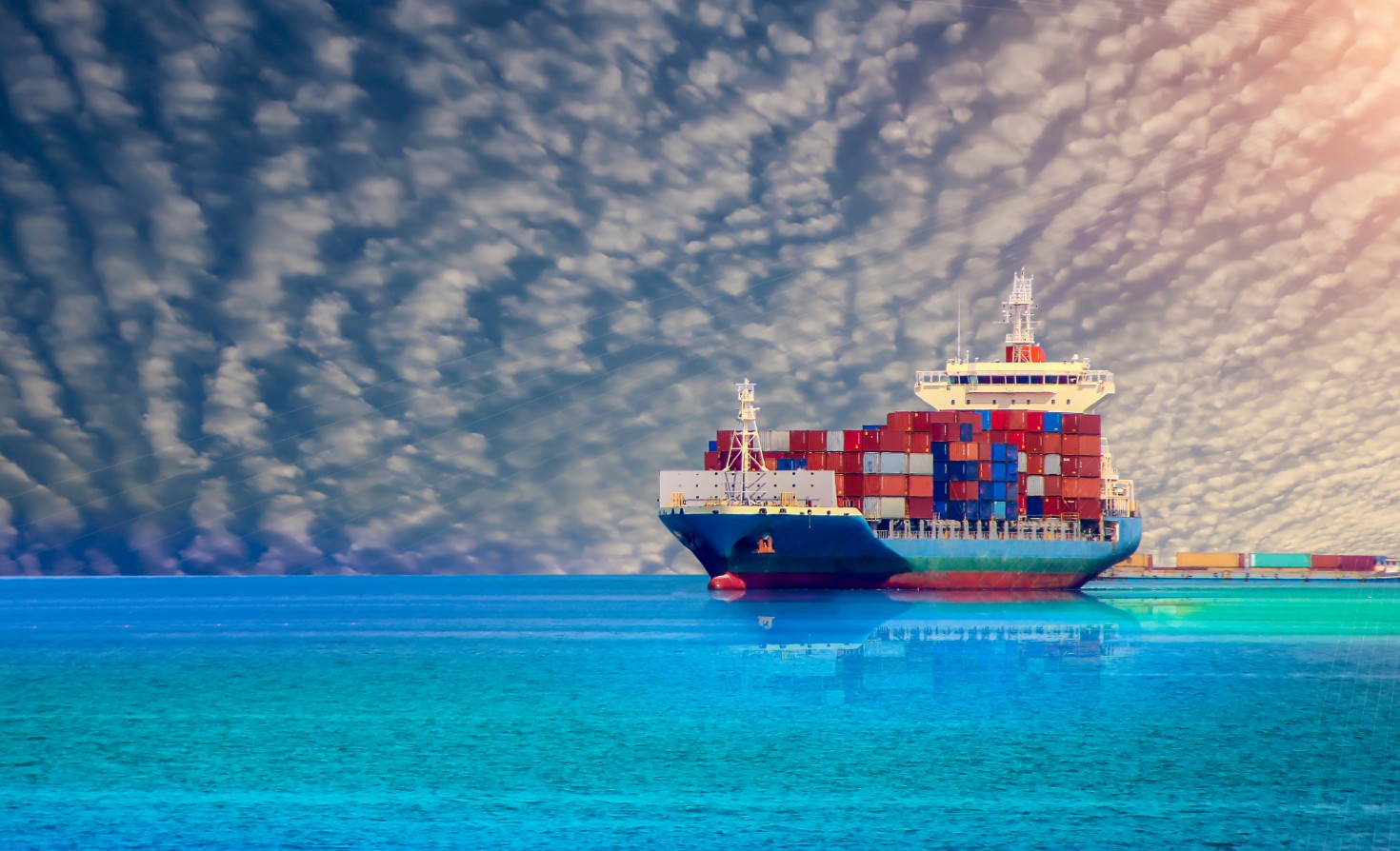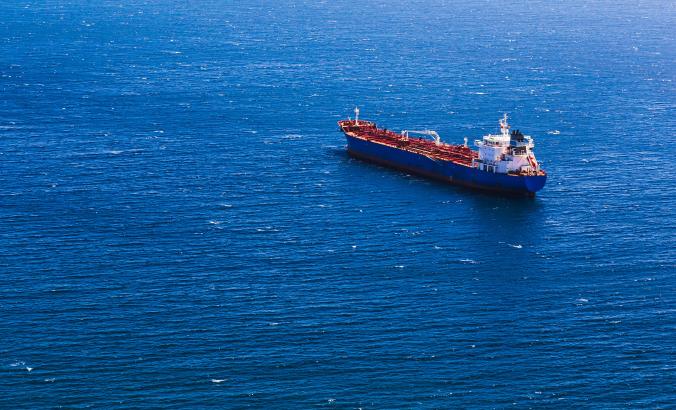几乎没有我们的全球经济方面一直幸免于COVID-19的危机。
Much has been said about the disruption in more familiar sectors such as airlines, restaurants and sports — but the long arm of COVID-19 also has reached out to sea, and is affecting our "blue economy." This collection of formal andinformal marine jobs, products and services has beenvalued at $2.5 trillion a year。如果海洋是一个国家,它将被列为第七大经济体在世界上。
Maritime shipping has seen COVID-19-associated drops in activity of up to30 percent in some regions。Lockdowns and reduced demand for seafood have seen fishing activity fall by在中国和西非高达80%。Entire nations依赖于海洋和沙滩旅游相关的已经关闭其边界。全球范围内,COVID-19对旅游业的影响可能构成$ 7.4十亿的损失,并可能危及7500万个就业岗位。
旨在恢复陆上产业和社区的一些COVID-19的经济刺激计划也正在探索的方式跃入操作更环保的方式。然而,很少被考虑用于操作的更蓝模式。类似的机会,然而,等待着我们在我们的海洋,我们的海岸。
这里有八个途径重建的海洋经济是COVID-19后都更强大和更可持续的。
1. Bluer blue tourism
Ocean tourism, before COVID-19, was directly valued at$390 billion globally并包括许多国家的国内生产总值的显著部分。依赖于海洋旅游业,因此数以百万计的人在海洋健康的股份,处于大流行不可弃。回收资金可以防止通过休假雇人恢复沿海生态系统,如珊瑚礁和mangroves, given the massive return on investment that such ecosystems deliver to blue tourism. Similar nature-based job creation programs were developed during the Great Depression, such as theCivilian Conservation Corpsin the United States. Stimulus funds also could keep workforces active installing sustainability upgrades in now-empty hotels — drinking water stations to reduce plastic pollution and water treatment systems, for example — and training staff to diversify its sustainability skillset.
2.减少船舶排放
Maritime shipping carries an estimated 90 percent of the planet’s cargo. This ocean traffic有助于显著碳和其他空气污染物的全球排放量。国际海事组织已经要求该船舶排放是reduced by 50 percent by 2050。A reduction in shipping activity during COVID-19 provides a valuable opportunity to move towards this goal. Quiescent vessels can be fitted with upgrades to increase fuel efficiency and reduce emissions. Quieter shipyards can retool and secure political support to prepare for future demand to be met with zero-emission vessels. Such opportunities are greatest in Asia, where China, together with South Korea and Japan, represent more than95 percent of the world’s shipbuildingby tonnage. Any aid directed to accelerate progress towards decarbonizing shipping also should include opportunities to electrify ports and prepare them to provide零排放燃料。

3. Avoid squandering a post-COVID-19 fish bounty
不像其他的投资,生活海洋资源字面上低迷时期增长。二战期间,许多渔船被迫停止捕鱼。这允许缓期执行的鱼类种群,如鳕鱼,增加。如果任何这样的收益是COVID-19中累积,我们必须抵制的冲动,马上过他们的收获。相反,我们应该利用渔业科学设计智能收获产量的协议,最大限度地提高任何可能COVID-19收益长期受益。
4.支持我们的水手 - 海送货卡车司机
Ships are arguably the world’s most challenging work environment in which to confront a pandemic. Vulnerable mariners, such as those in the shipping and fishing industry, are vital to the functioning of society. They are the grocery clerks and delivery drivers of the blue economy. Ramping back up these sectors will require that crews be provided with viral and antibody testing and that they be extended之后端庄,安全中天置业在海上一个月以上。船员也应给予对它们的访问连接到家庭安全的通信渠道。在捕鱼业,增强的通信将赋予打击的好处slavery at sea。
5. Stay the course on ocean parks
Only我们的海洋的7.4%is protected. Theseocean parks受益海洋生物多样性和帮助提高养殖鱼类种群是溢出来增强区域渔业,打造旅游工作,潜在封存更多碳。有人建议,但是,因为COVID-19,我们必须开拓这些海洋园区工业捕鱼。这将是愚蠢的。这些公园都是需要几十年才能成熟的长期投资的海洋,但只有天擦除。除了短期变化的未来渔民,溶解海洋公园将是一个打击,可持续的蓝色旅游。这些行动将类似于拆除和COVID-19期间出售迪斯尼乐园所有游乐设施 - 一种短视损害了当地就业和经济。
6.耕海饲料十亿
科学家估计,大约845 million people worldwide are nutritionally vulnerable在海鲜任何下降。COVID-19可能会加剧通过这些挑战disruptions to blue food trade and labor networks。We can avoid some of this trauma to food security systems by using stimulus funds to bolster smart aquaculture, or ocean farming which can provide nutritional support to vulnerable local populations, while minimizing environmental impact. Such investments could be patterned after environmentally and nutritionally aware investments in agriculture.
7. Digitizing our ocean
另一种方式来快速跟踪我们的蓝色经济的重新开放是走向海洋技术,可以帮助我们更有效地观察和了解我们的海洋直接刺激了投资。例如,渔业观察员计划,帮助业界搜集重要数据,以增强抓,执法和保护濒危物种have been suspended because of COVID-19。新AI-powered electronic monitoring systemscan play a role in maintaining these data pipelines. Myriad other opportunities exist — from expanding卫星数据的机器学习为动力的解释和增强的无人驾驶飞机,可以削减非法捕鱼在区域,其中COVID-19具有reduced conventional海上巡逻时,餐馆和市场被关闭通过应用程序连接可持续渔民到当地消费者。
8. Don’t prey on the moment
我们必须不耐受的努力,滥用COVID-19自身利益提前议程。例如,许多积极的进展已经取得了从单次使用的塑料中,转变我们而去major source of ocean pollution。Since COVID-19, however, interest groups successfully have逆转或悬浮这些规定的产品如塑料袋。有很多事情,我们必须做起来慢COVID-19的蔓延,但使用的一次性塑料袋,而不是纸或环保袋,是不是其中之一。同样地,而在受灾严重的国家,如海洋相关的小岛屿国家的对外投资,可以是积极的,我们决不允许利用这些国家的金融脆弱性的掠夺性条款的附件。
COVID-19 has exposed just how profoundly linked our economies and well-being are to the ocean. These actions illustrate the need to inject more blue into COVID-19 discussions of "green recovery." We cannot miss a chance in the times ahead to benefit both people and our ocean as we bring our sustainable blue economy back online.

